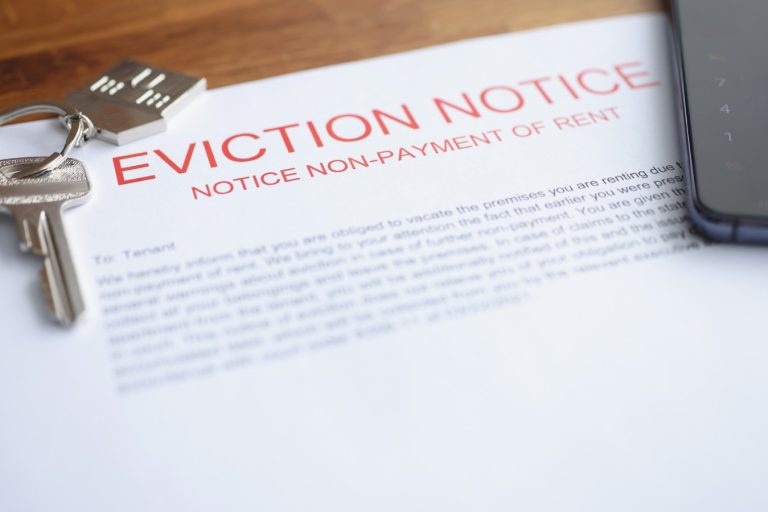Alternative Dispute Resolution (ADR) can be extremely helpful in civil litigation and family law cases, allowing the parties to resolve their cases by mutual agreement prior to trial. Some of the most emotionally painful and stressful situations can occur when going through an extended civil litigation case. Appearances for depositions, motions, and trial can be exhausting. When the case involves a divorce or child custody dispute, the stress can be even more intense. The Minnesota Judicial Branch has tried to ease the burden of such cases by establishing the Alternative Dispute Resolution (ADR) process. The principal goal of ADR is to help keep the stress, duration, and financial drain of these cases to a minimum. It also allows the parties to have “a say” in the final outcome.
Especially where children are involved, coming to a swift resolution is crucial so that the parties can resume focus on other important matters. The parties would much rather be focusing their attention on their kids, their lives, or their jobs, as opposed to a long, drawn out court battle. For this reason, at the first meeting between a judge and the parties in family law cases, the judge will cover the requirements of the parties as it relates to the ADR process. This is done so that an open line of communication can be created to ensure a sufficient resolution in a shorter amount of time.
The aim of ADR is to get both parties to agree on an outcome that suits the current and future needs of those involved. It also helps save on the costs associated with litigation, as a case will not have to proceed to trial if the parties can resolve the matter at during ADR. In worst-case scenarios, if the parties cannot come to an agreement, a court will impose an Order – usually through trial – but, normally, this is not the ideal outcome. Most often, one of the parties will be disappointed in the outcome. The ADR process allows the parties to attempt to come to a resolution that they both can agree upon, as opposed to a having a judge decide what is best for all involved. Having a say in the final determination can provide clients with a sense of relief and accomplishment because they were able to have a direct effect on resolution.
In family law cases, to ensure a quick resolution, it might be suggested that the parties undertake a Financial Early Neutral Evaluation (FENE) and/or a Social Early Neutral Evaluation (SENE). These processes try to take the emotion out of the matter by having evaluators mediate with the parties to look at the financials (FENE) and/or the strength and weaknesses of the case as it relates to child custody and parenting time (SENE) so that the parties understand what the most realistic outcome should be.
The ADR process is widely used in both family law and civil litigation cases. Mediation is the most common type of ADR that parties use, as it allows them to make agreements between themselves. If the parties cannot come to an agreement at mediation, then no harm, no foul. In both civil litigation and family law, ADR is strongly recommended. In every civil litigation case and often times in family law cases, ADR is ordered by the judge as a mandatory step in order for the case to proceed to trial. Parties may also select from a list of other processes that might be best suited to their individual case, including mediation-arbitration, mediation, mini-trial, arbitration, high-low arbitration, non-binding advisory opinion, consensual special magistrate, neutral fact-finding, or in some cases the parties can create their own ADR process.
Many cases are resolved during the ADR process, however, some cases are not, and trial is required. Whether you need an experienced ADR or litigation advocate, the attorneys at Miller & Stevens have participated in many different types of ADR, and each of them are able to assist you throughout the litigation process.
When facing the decision to hire an attorney to represent you for your civil litigation or family law case, contact Miller & Stevens (651-462-0206) for a free consultation to help you evaluate your case and your best options.






